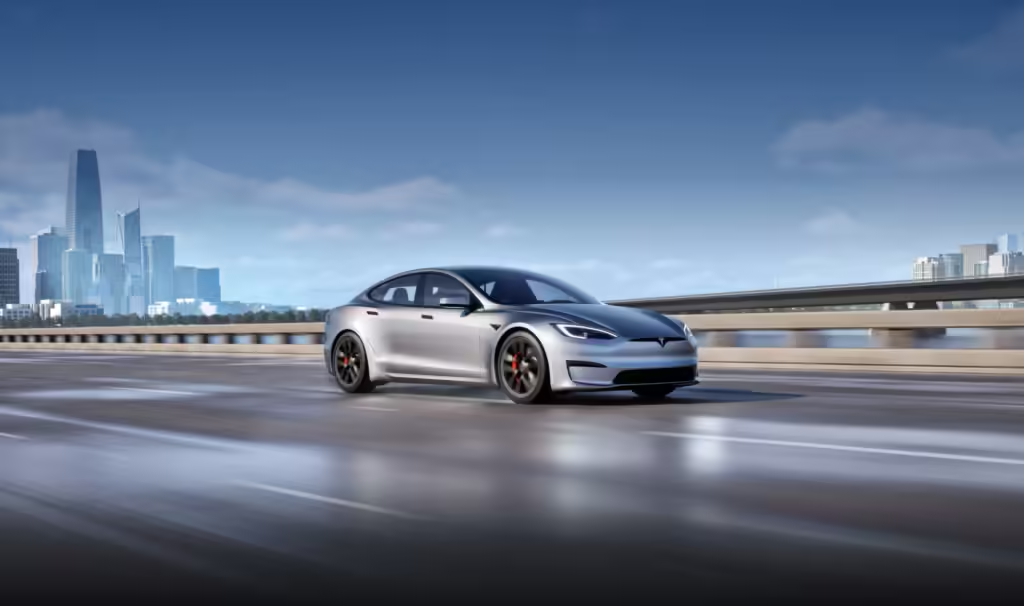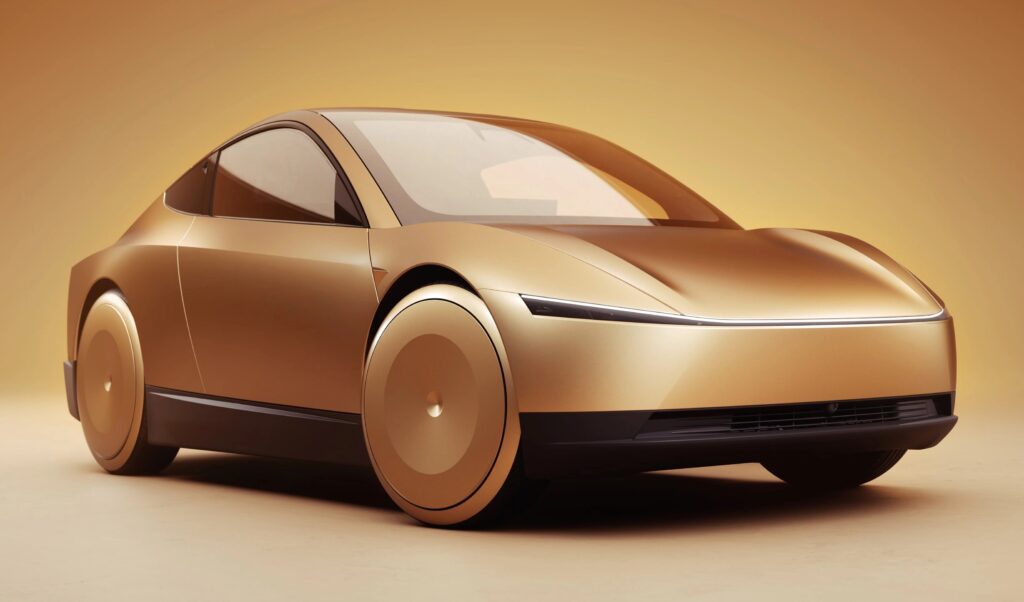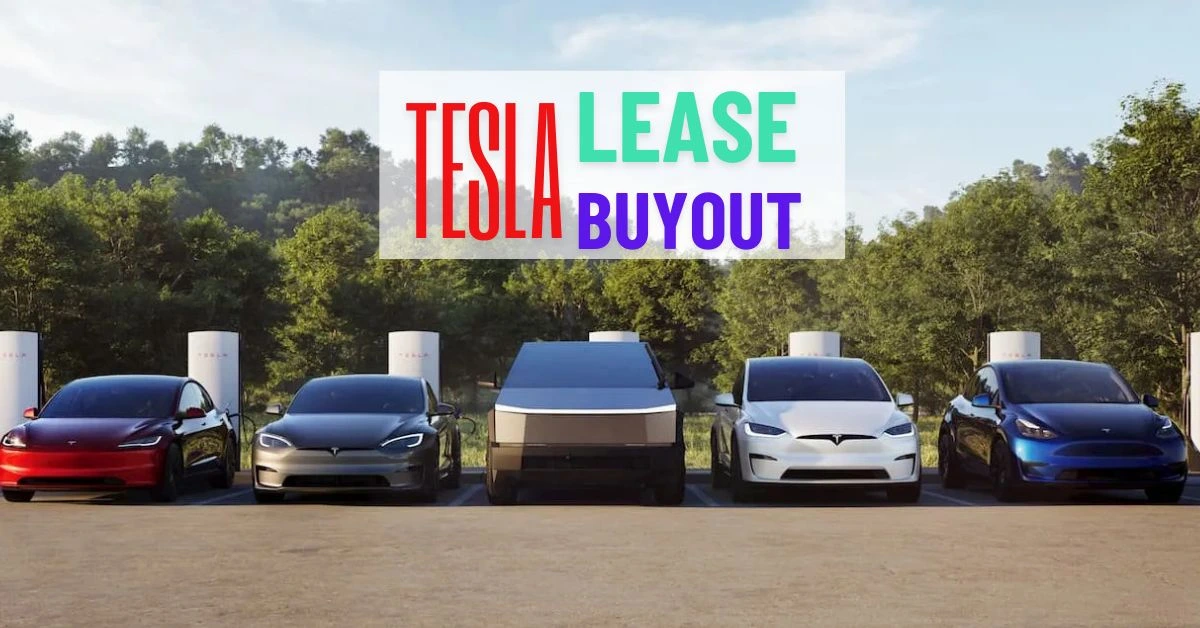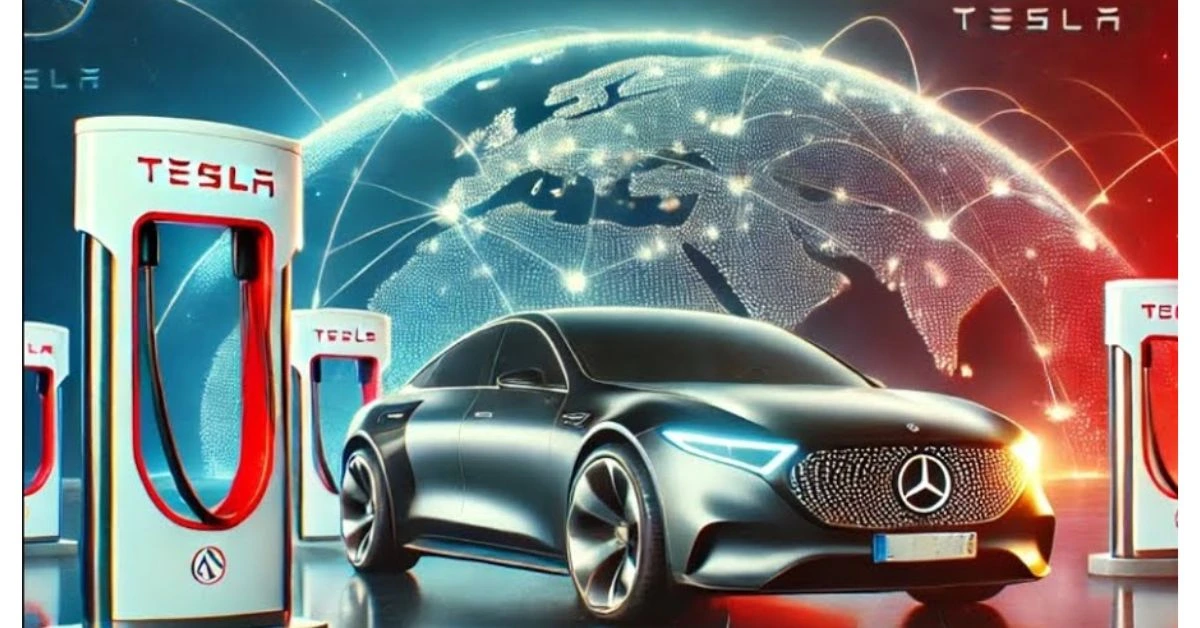Tesla Reaches Milestone with 7 Millionth Electric Car – What’s Next for the EV Giant?
Tesla has reached a significant milestone, celebrating the production of its 7 millionth electric car at its Fremont, California, factory on October 22, 2024. This achievement marks a milestone in Tesla’s journey to revolutionize the automotive industry through electric vehicles (EVs). Let’s take a closer look at Tesla’s growth, future goals, and how this milestone highlights its influence in the EV market.
Table of Contents
Tesla’s 7 Millionth Electric Car – A Remarkable Achievement
On October 22, 2024, Tesla announced that its 7 millionth vehicle rolled off the production line at its Fremont factory. The special car, a white Model Y, was celebrated on Tesla’s social media account, marking another record for the electric vehicle manufacturer.
CEO Elon Musk took to Tesla’s Q3 earnings call to acknowledge this accomplishment, emphasizing the significance of reaching this milestone in a challenging automotive environment.
“Notably, Tesla is profitable despite a very challenging automotive environment, and this quarter is a record Q3 for us,” Musk noted. “We produced our seventh millionth vehicle just yesterday, so congratulations to the teams that made it happen in Tesla. That’s staggering—the immense amount of work to make 7 million cars.”
Growth in Record Time
Tesla’s rapid growth in vehicle production is impressive. Tesla hit the 1-million-vehicle mark in 2020, and just four years later, the automaker has surpassed 7 million. This achievement underscores Tesla’s expansion and efficiency in scaling production, moving from one million to seven million cars in a matter of years.
Tesla’s Journey to 7 Million Electric Cars

Tesla’s Fremont factory, its first major manufacturing site, has been integral to the company’s success. The facility, once owned by GM and Toyota, has grown significantly since Tesla began producing the Model S there in 2012. By May 2024, Fremont celebrated its milestone, producing its 3-millionth vehicle. With Tesla’s 6-millionth vehicle produced at Fremont earlier in 2024, the 7 million mark came just a few months later.
Key Production Milestones
- 2012: Tesla began manufacturing the Model S at the Fremont factory.
- 2020: 1 million vehicles produced
- March 2023: 4 million vehicles produced
- September 2023: 5 million vehicles produced
- March 2024: 6 million vehicles produced
- October 22, 2024: 7 million vehicles produced
The Role of Gigafactory Shanghai
A critical factor in Tesla’s impressive growth has been the expansion of its Gigafactory Shanghai. This facility has significantly contributed to Tesla’s overall production capabilities, recently celebrating its milestones of producing 3 million vehicles and exporting its 1 millionth vehicle. The combination of the Fremont factory’s historical significance and Shanghai’s modern manufacturing prowess has fueled Tesla’s rise.
Tesla’s Vision for Autonomous Vehicles
An exciting part of Tesla’s milestone is the potential for autonomy in its EVs. According to Elon Musk, “All the vehicles that we’ve made, almost 7 million vehicles, the vast majority are capable of autonomy. And we’re currently making the order of 35,000 autonomous vehicles a week. Compare that to, say, Waymo’s entire fleet; they have less than 1,000 cars. We’re making 35K a week.” This focus on autonomous vehicles could give Tesla a competitive advantage as it explores new markets in autonomous ride-hailing services.
Tesla’s Q3 2024 Financial Highlights
Tesla’s Q3 2024 earnings report revealed strong production and delivery numbers despite a competitive market. Key highlights include:
- Production: Tesla produced 469,796 vehicles in Q3 2024, marking a 9% increase from the previous year.
- Deliveries: Tesla delivered 462,890 vehicles, a 6% increase year-over-year.
Tesla’s Future Plan– Affordable EVs and Autonomous Models

Tesla’s future plans include the introduction of more affordable EVs and autonomous vehicles, such as the Robotaxi and Robovan. Expected in 2025, these models are anticipated to extend Tesla’s reach in international markets and make EVs accessible to more consumers. Tesla’s autonomous vehicle concepts, while not slated for release until 2026 or 2027, highlight the company’s push toward a sustainable, automated future.
Tesla’s Journey: A Remarkable Growth Story
From its inception in 2003, Tesla’s journey has been marked by groundbreaking milestones. Starting with the Roadster, Tesla introduced the Model S in 2012, Model X, and later the Model 3 and Model Y. Each model brought advancements in technology and performance, helping shape Tesla’s reputation as a leader in electric mobility.
Conclusion
Tesla’s production of its 7 millionth electric car is a remarkable achievement that showcases its growth and determination in the electric vehicle industry. With a strong focus on efficiency, sustainability, and innovation, Tesla continues to set the pace for other automakers. As it prepares for future launches and advancements, the journey of this groundbreaking company is far from over.
Read also: Uncovering the Apple-BYD Secret Partnership: What You Need to Know
FAQs
1. When did Tesla produce its first million vehicles?
Tesla reached its first million vehicles in early 2020, 16 years after the company’s founding.
2. What types of vehicles contribute to Tesla’s production numbers?
The majority of Tesla’s production consists of Model 3 sedans and Model Y crossovers.
3. What are Tesla’s future plans for vehicle production?
Tesla plans to launch more affordable models and advance its autonomous vehicle technology in the coming years.
4. What are Tesla’s upcoming projects?
Tesla plans to release more affordable EV models in 2025, along with autonomous Robotaxi and Robovan models expected by 2026 or 2027.
5. How does Tesla’s production rate compare to competitors?
Tesla produces approximately 35,000 autonomous-capable vehicles per week, far surpassing competitors like Waymo.



